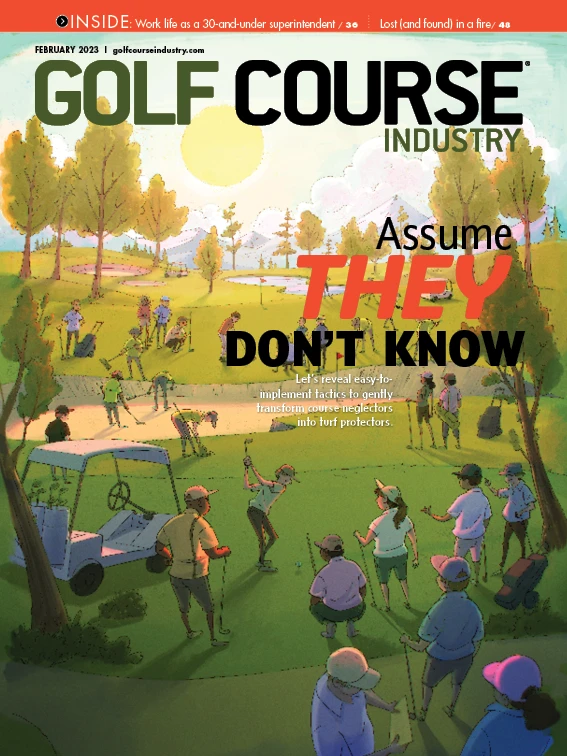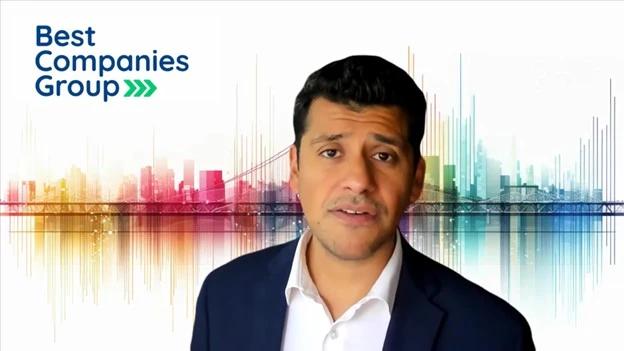

More than the money, more than a prestigious title, more than generous benefits, what most of us want from our jobs and careers is purpose. We want to know that what we spend most of our waking hours thinking about, toiling at and fretting over has meaning.
“Unfortunately,” Amy Gallo writes in the Harvard Business Review, “most of us don’t know how to make the job decisions that lead to more meaningful roles and ultimately to satisfaction.” That lack of knowledge often leads us to pick the wrong job, to prioritize the wrong things or to follow the wrong leader down the wrong path.
Being purposeful in our career development requires five important considerations:
Know what is required of you
Review your current job description and confirm — to your own satisfaction, at least — that your employer’s expectations are aligned with your own understanding of your goals and objectives. You might think that because you’ve had the same job for years you know exactly what the job entails and the expectations of your management. But do you really? It’s a good idea to confirm these understandings on an annual basis. And don’t wait until your performance review to have this conversation. Make sure you and your manager are on the same page at the start of the year, so your priorities are aligned with management’s expectations. Those expectations form your performance baseline. From there you can decide how much more you want to ask of yourself and your team and how high you want to raise the bar. Striving for greater results and better outcomes keeps your skills sharp and makes the job more fun.
Determine what you expect of yourself
No matter at what height we set our personal performance bar, we’re not going to know if we’ve reached it unless we measure ourselves against those expectations. Self-evaluation is the mark of true professionals who are often their own harshest critics. Certainly, money, title and benefits are important. But your own evaluation is just as important because it is the most trained and expert opinion immediately accessible.
In addition to conducting a self-evaluation, invite peer review from superintendents whose opinions you value. Ask for their feedback on your course and its conditioning, your preparation and presentation for developing your staff and successors, your agronomic plan and annual approach to continuous improvement, and your process management approach and success in managing up to those who approve and support your work. Share with this group your intentions — both personal and professional — so their feedback is both honest and well-informed.
Consider your legacy
The decisions we make and the actions we take that change the course of people’s lives are the evidence that we were present in this life. We should be intentional about the evidence we want to leave. Maybe it’s an improvement in playing surfaces that leads to landing a prestigious event. Or maybe it’s a disciplined hiring process that puts a highly qualified staff in place that can maintain and build on the standards you have established. You decide. Plan for what your legacy will be and align your efforts with your overall work-plan by asking and answering the question: What matters most?
Evaluate how you are developing your career
Many work their tails off and never take the time — or show the backbone — to candidly evaluate their own careers. Ask yourself three questions:
- What are my strengths … and how can I improve them?
- What are my weaknesses … and how can I mitigate them?
- What are my most ambitious hopes and aspirations … and how do I realize them?
Give yourself time to consider these questions and be sure your answers are specific and quantifiable.
Establish mile markers
As a part of your annual review of professional growth, set the performance targets you expect of yourself. Are they measures of compensation and benefits? Are they quantifiable measures of turf coverage and conditions? Are they 360-degree evaluations — by your staff and your supervisor — of your work? Plan in five-year career increments and set specific and measurable goals. These mile markers will confirm your intended destination and crystallize how you will judge your success.
Finding purpose in your life and career isn’t out of your control. It’s not in the hands of a manager, owner or board. You are the only one who knows what makes you happy and what makes you feel fulfilled.

Explore the February 2023 Issue
Check out more from this issue and find your next story to read.
Latest from Golf Course Industry
- Editor’s notebook: Green Start Academy 2024
- USGA focuses on inclusion, sustainability in 2024
- Greens with Envy 65: Carolina on our mind
- Five Iron Golf expands into Minnesota
- Global sports group 54 invests in Turfgrass
- Hawaii's Mauna Kea Golf Course announces reopening
- Georgia GCSA honors superintendent of the year
- Reel Turf Techs: Alex Tessman





